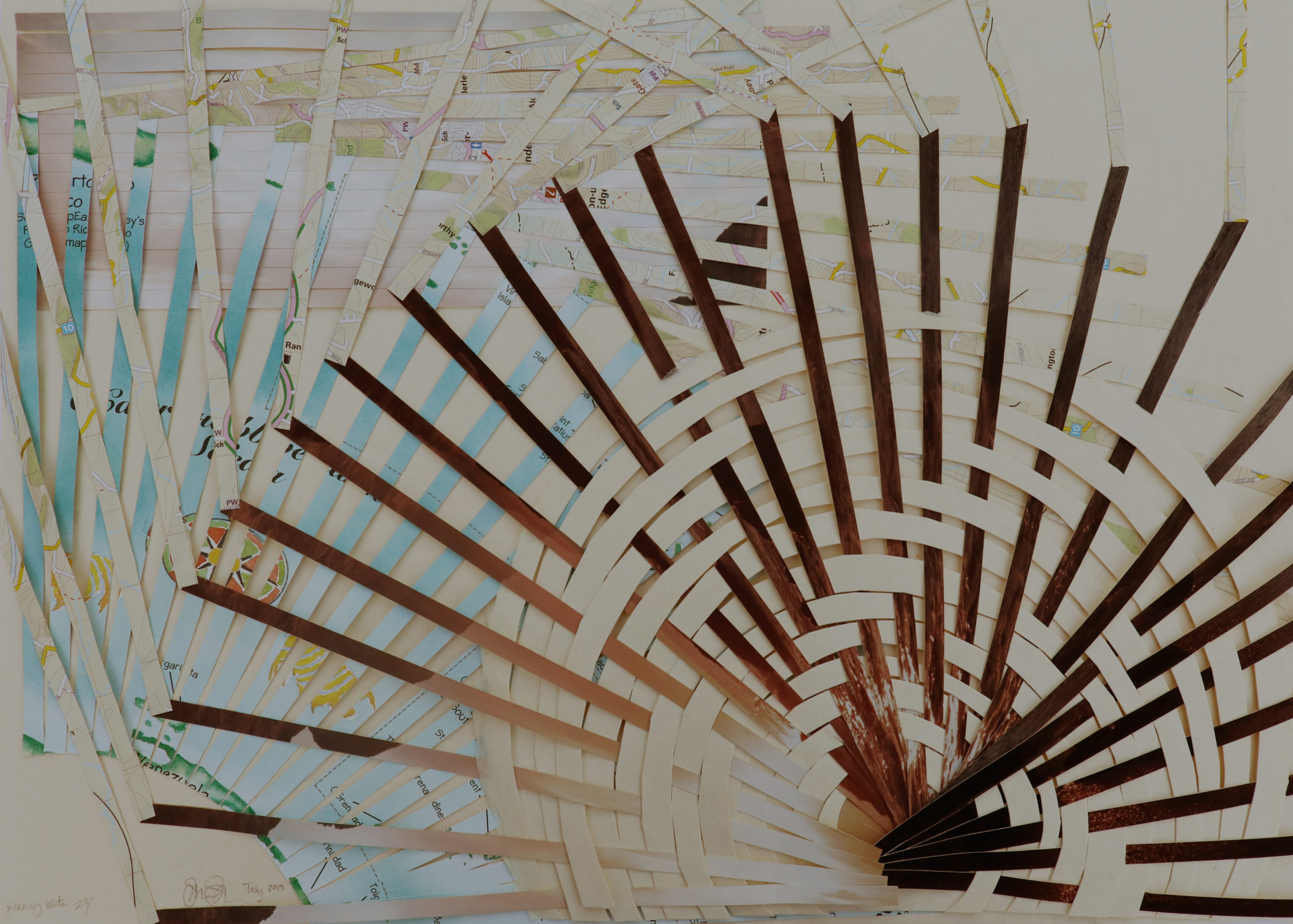This conference takes place in Lenapehoking, on the occupied lands of the Lenni-Lenape of the Northern Unami dialect. Our gathering acknowledges and pays respect to Lenape ancestors, peoples today, and the Lenape future to come – across Lenapehoking and the Lenape diaspora.
From this local site of Lenapehoking – and from the ground of Princeton’s colonial condition – Indigenous/Settler examines methods for thinking across geographies, building alliances, and fighting settler colonialism at large without abandoning attention to specific histories and struggles. As the resistance at Standing Rock mainstreamed expressions of global Indigenous solidarity in 2016, this conference hopes to explore and historicize, as much as carefully practice, what has been called “trans” or “pan” or “global” Indigenous studies.
Bringing together scholars and activists who work on diverse forms of indigeneity and settler coloniality, our motivating questions for the conference include:
- What kinds of methods can be recruited to think across specific and located histories? How might we assemble frameworks and languages for doing global work within and beyond comparativism?
- What were/are the media of old and new trans-indigenisms? How do long histories of Indigenous cosmopolitanism and transnationalism articulate with contemporary renditions? What are the paradigms for local/global negotiation that derive from situated Indigenous practices and intellectual traditions? Where and how does an ethic of global indigeneity emerge?
- How does thinking broadly about indigeneity and settlement open up new directions in adjacent fields? What does the binary of “Indigenous/Settler” enable, and what does it obscure? How does Indigenous studies and its numerous intersections – with the environmental humanities, with Black studies, with gender and sexuality studies etc. – elicit a better grasp of settler colonialism? How is settler coloniality a useful lens for reading the nation-state and its relationship to non-Indigenous as much as Indigenous peoples? What does/must coalition-building look like?
- How can we account for the divergent ways in which “Native Studies” fields have evolved across settler institutions? What kinds of pressures does Indigenous critique put on the university?
All sessions are free and open to the public. Register here.
